Toro
Using queerness as a point of subjectivity, Callum McGrath’s Toro at Milani Gallery’s CARPARK speculates on approaches to representing queer histories. McGrath’s practice disrupts and negotiates our typical engagement with the past, mediating experience via a cinematic lens and challenging the aesthetics of public memorialisation to examine the historical, personal, and political resonance of inherited queer trauma.
Toro is comprised of three video works, each imagining a dystopian fiction where the industrial suburb of Pinkenba has been rezoned for queer living. The three works are elegantly installed in separate rooms, the unlit and grungy cement block galleries of CARPARK emphasising the dystopian grit of each of the videos. Initially commissioned for Midsumma Festival’s Queer Economies, Trucker Fucker (2018-19) is reconceptualised when placed alongside newer works Toro (2019), the show’s namesake, and Untitled (for Felix) (2019). Toro and Trucker Fucker are installed as large-scale projections, their soft light barely illuminating the otherwise pitch black rooms expect when the latter’s title flashes in pink text to signal the start of the work. The exhibition is so cohesive that it reads almost like a three-channel work, showing a high level of focus within McGrath’s practice. Through similar thumping, low-register soundscapes the works harmonise to elicit one polyphonous narrative, while individually delving into explorations of multiple temporalities. Each audiovisual ‘channel’ therefore opens an entry point into an alternate queer time and place.
Both Toro and Trucker Fucker share highly-rendered footage taken throughout Pinkenba and document the suburb’s known cruising spaces. Toro’s footage consists of long takes from a moving car, following the road at twilight. Its imagery of highways, backroads and headlights is suggestive of ‘cruising,’ a practice where those looking to hook-up cruise around until they see a parked car at certain locations. Similar imagery and ideas are explored in Trucker Fucker. In this work, the driving footage is interspersed with looming landscape shots of the cruising spaces themselves at twilight, such as behind the local soccer club. Both works imagine Pinkenba not as a peripheral sexualised zone as it is today, but as a state-sanctioned queer zone. The idea of zoned living spaces for the queer community is not a new phenomenon with ‘gay villages’ or ‘gayborhoods’ historically forming in large cities as safe zones for non-hetero inhabitants. Toro and Trucker Fucker speculate on and problematise the need for zoned living and the histories of these spaces by applying a gloomy twilight lens and using a trope from thriller and true-crime film and tv (the headlights tracking the road at night). The rezoning is therefore not imagined as a queer paradise, but appears bleak, in the register of dystopian sci-fi like Orwell’s 1984, where queer bodies would be mere subjects (and not agents) of institutional and governmental control. To be zoned (identified) is to be controlled, boxed in, contained. McGrath’s exploration of these themes is courageous and timely, critiquing the dark-side of the pervasive and at-times stifling culture of identity politics. At the same time, by speculating in this way and positing such a future the works queer time, making the present strange by manufacturing historical distance. While these works address and speculate on zoned living and queer time in doing so, Untitled (for Felix) focuses in more closely on history. The work delves into a highly nuanced reading of how queered times and histories can operate within an overarching linear time and historiographical plane.
Shot on an iPhone and converted to analogue, Untitled (for Felix) presents slowed footage that tracks a bird in flight, the camera stuttering occasionally to keep up with its movement. Carrying anachronistic tropes, the work is shown on a 1990s Sony CRT with footage tinted pink. The pink hue of the video illuminating the space with soft pink light is historically derived from pink triangles, originally intended as a badge of shame for LGBTQ+ identities in Nazi Germany—another example of the identification and control of the queer body. Pink has become common in McGrath’s oeuvre, with the colour used across all recent projects. The imagery (and title) shares an overt relationship to artist Felix Gonzales Torres’ billboards and depleted paper stacks depicting birds in flight. While the work could be read as an homage or memorial to one of art history’s greatest queer artists, I see it as a broader entry point into art’s queer histories. Understanding queer as both a noun and an adjective, McGrath works to alter, adapt and speculate on histories present, past and future. Untitled (for Felix) does more to revive and reconsider temporality than Trucker Fucker and Toro insofar as it uses multiple and more specific historic references (Nazi badges, Gonzales Torres, the CRT). Furthermore, the birds in the footage become an entry point into the time in which Gonzales Torres was practicing, acting as an allegory for passages and pathways between times. The pink hue has been reclaimed as a positive, yet weighty and history-laden symbol. The play of the light in the gallery, the almost meditatively slowed footage of the bird and the familiar grain of the CRT make Untitled (for Felix) an utterly seductive work, brimming with temporal passages and points of departure that queer linear time.
McGrath’s approach in the exhibition Toro is thoroughly engaged with time and history, whether the forward speculated time of Toro and Trucker Fucker, or the anachronistic multiplicity of Untitled (for Felix). Through this presence of the past and future a speculative queer community is opened up and imagined, allowing for the consideration of queerness and its control today.
Callum McGrath (1995) is based in Meanjin (Brisbane) and has been featured in various solo and group exhibitions including: Queer Economies, Bus Projects and CCP, Melbourne (2019); POOFTA, Metro Arts, Brisbane (2018); Cross-mending, Outer Space, Brisbane (2018); River Torrens, Institute of Modern Art, Brisbane (2018); and Passing, West Space, Melbourne (2017).

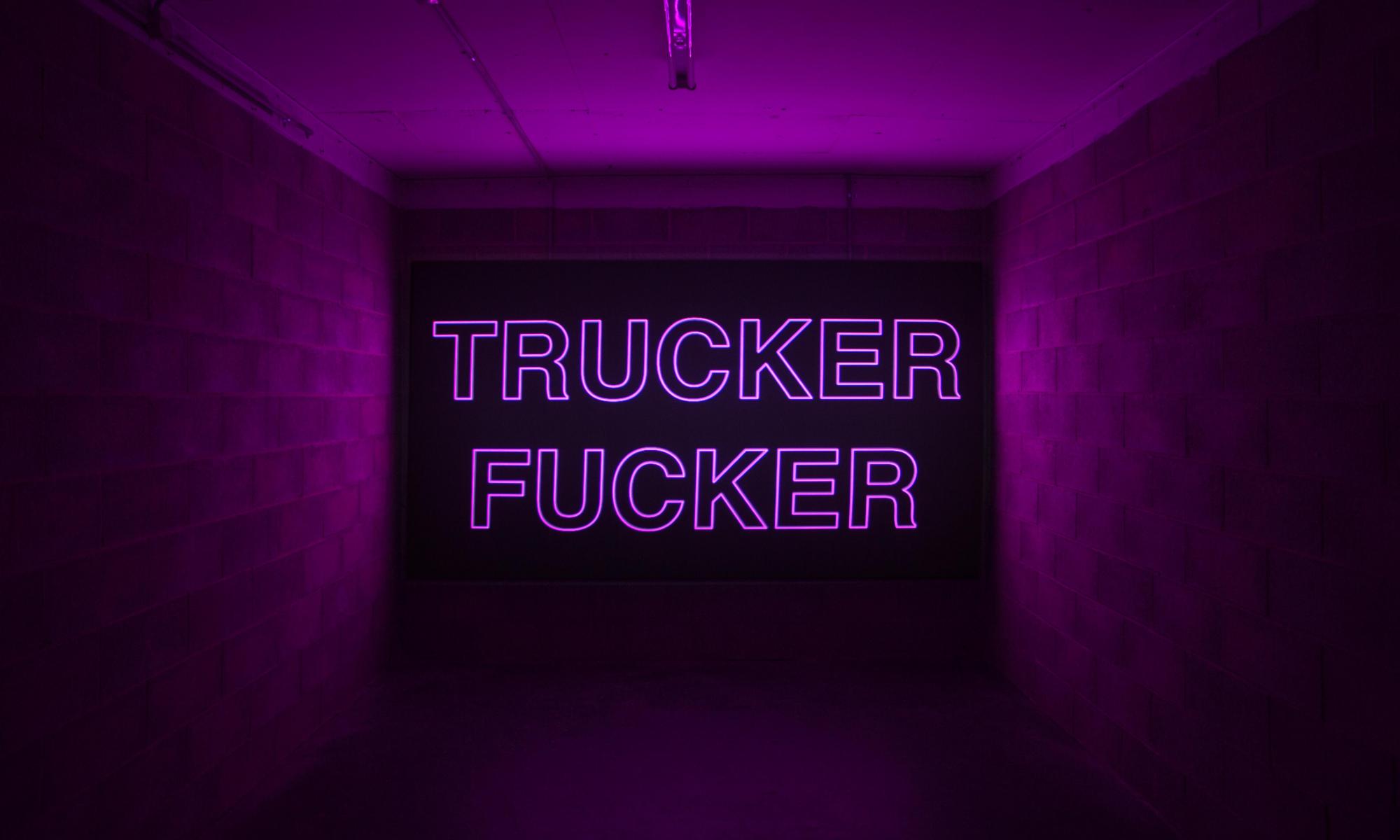
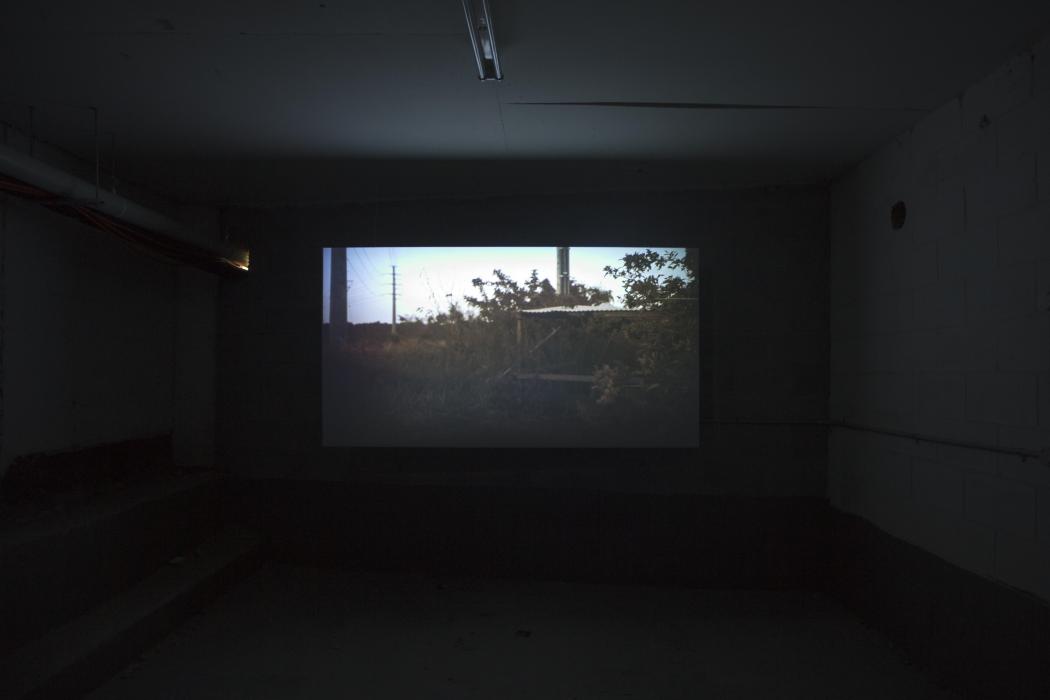
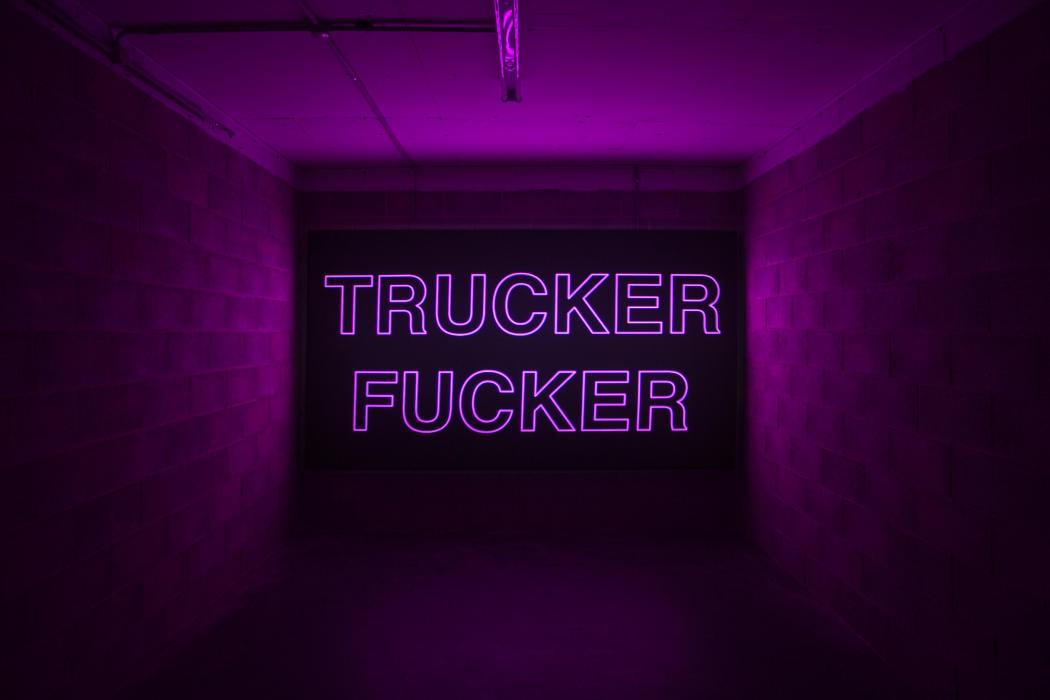
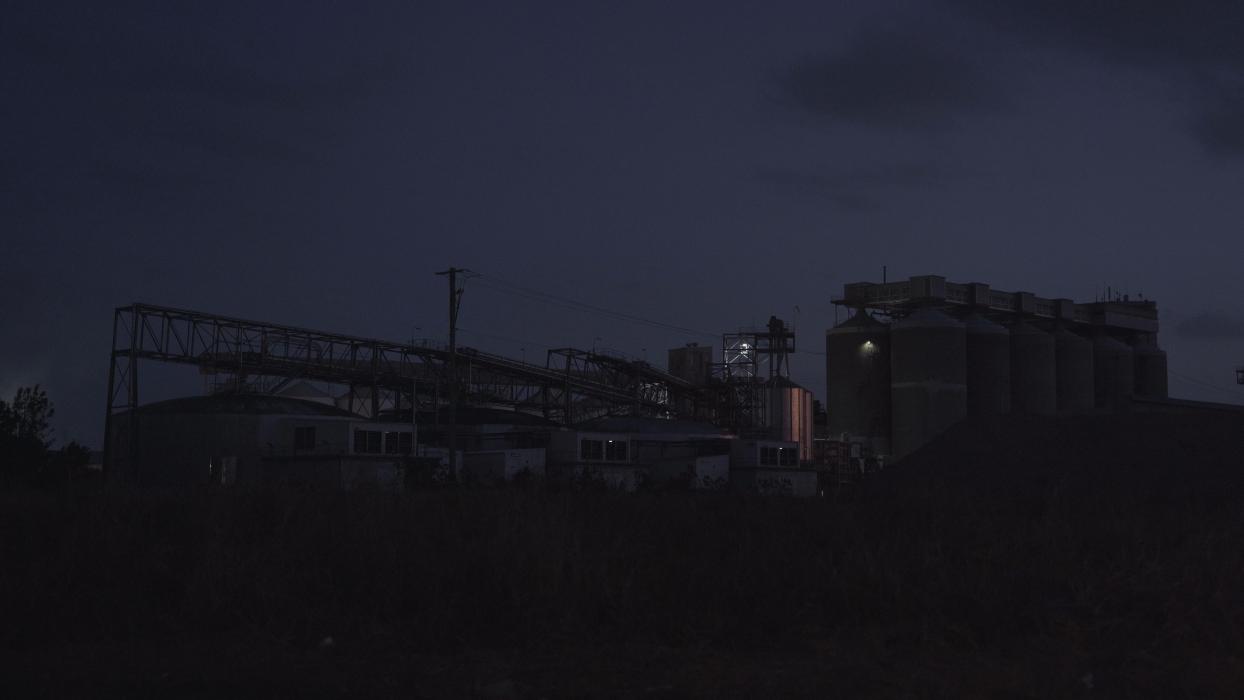
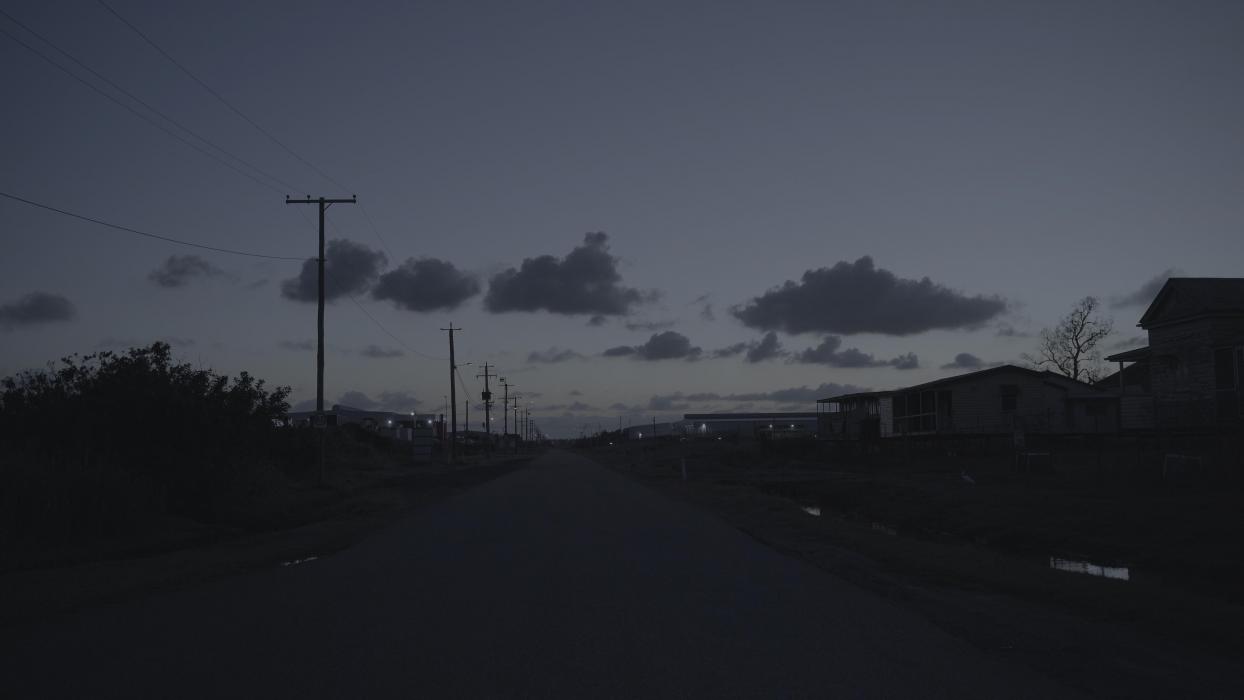
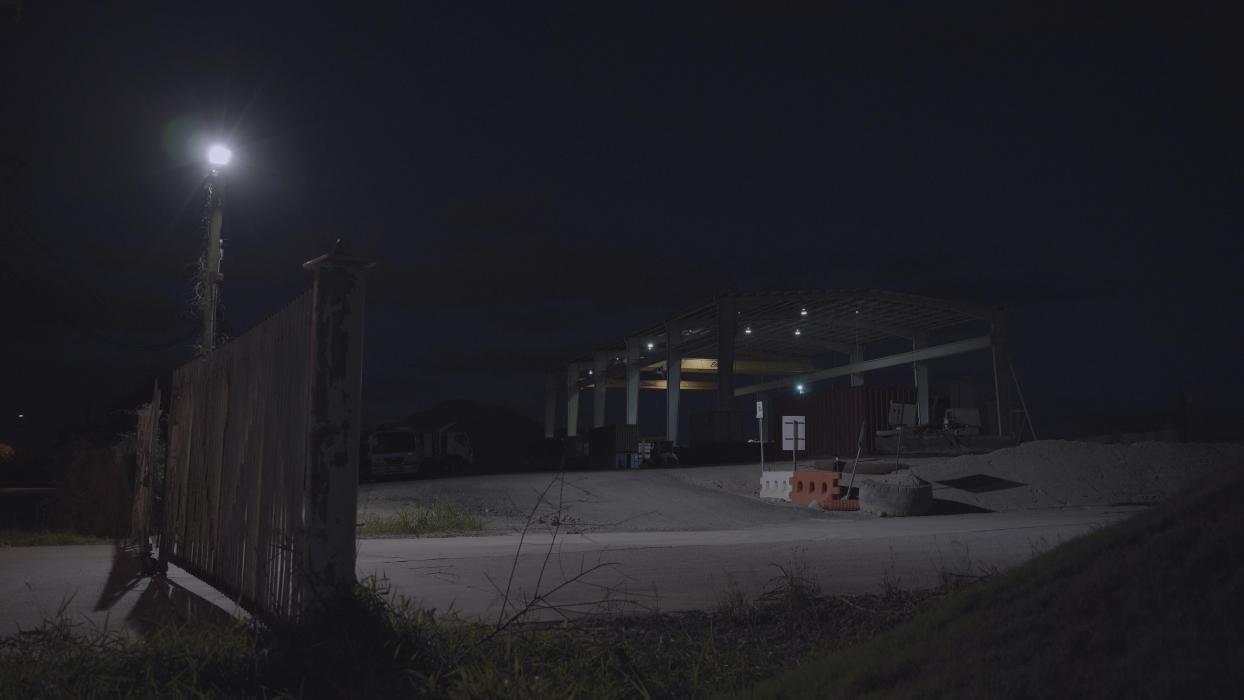
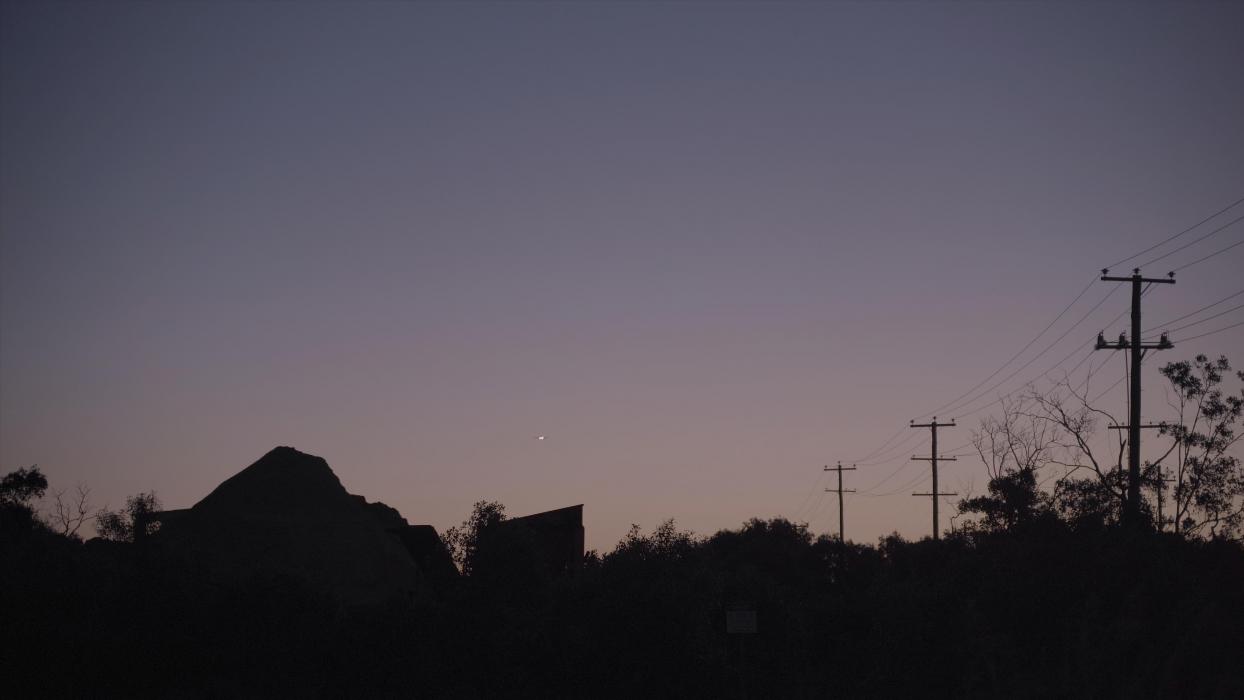
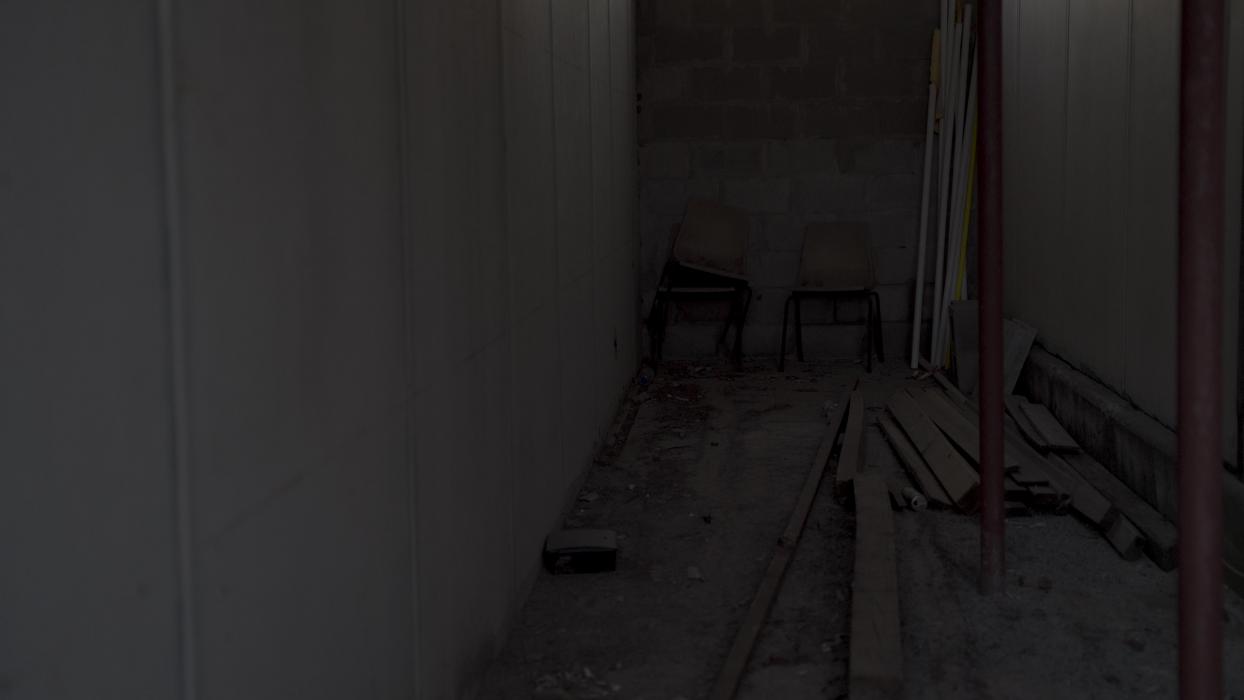
-itok=gyEvqIbl.jpg)
